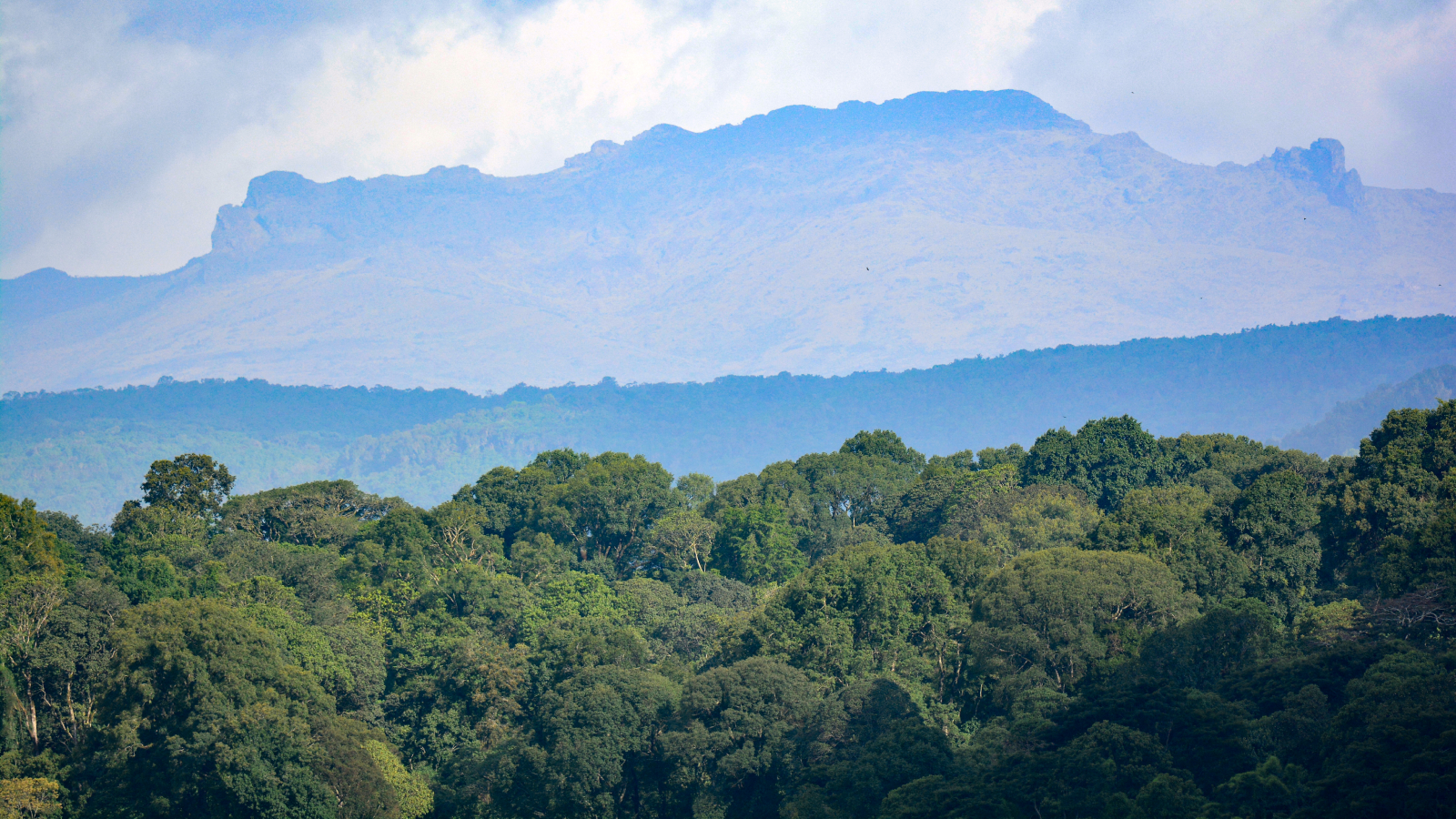Science News: Recent scientific discoveries and expert analysis
Read the latest science news and recent scientific discoveries on Live Science, where we've been reporting on groundbreaking advances for over 20 years. Our expert editors, writers and contributors are ready to guide you through today's most important breakthroughs in science with expert analysis, in-depth explainers and interesting articles, covering everything from space, technology, health, animals, planet Earth, and much more.

Explainers | Everything you need to know about the science news that matters.

Science Spotlight | Shining a light on new science transforming our world.
Latest news

Earth's seasons vary wildly, even at the same latitude, new research finds
By Skyler Ware published
Earth's seasons look very different at locations not far from each other, 20 years' worth of satellite data reveals.
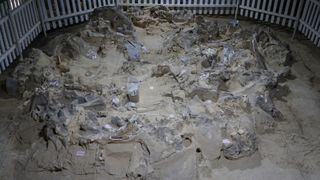
18,000 years ago, ice age humans built dwellings out of mammoth bones in Ukraine
By Owen Jarus published
Some people in Ukraine weathered the harshest moments of the last ice age by creating shelters made partly of mammoth bones and tusks.
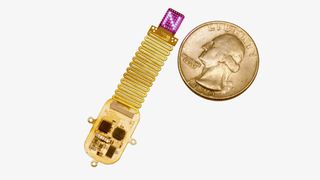
Tiny implant 'speaks' to the brain with LED light
By Payal Dhar published
By directly communicating with the brain, a new wireless device could someday help restore lost senses or manage pain without medications, its developers say.

Cats meow more at men to get their attention, study suggests
By James Price published
A small study reveals that cats greet male owners more vocally than female ones. But the findings could be a result of cultural norms among the participants, rather than a universal cat behavior, scientists say.
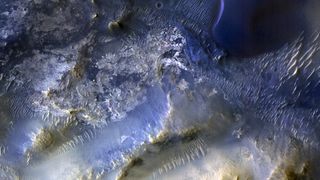
NASA spacecraft takes milestone 100,000th image of Mars (photo)
By Brandon Specktor published
NASA's Mars Reconnaissance Orbiter spacecraft has just taken its milestone 100,000th photo of the Red Planet using its high-definition camera. It reveals a dark region of moving sand dunes.
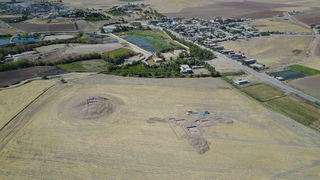
'A huge surprise': 1,500-year-old church found next to Zoroastrianism place of worship in Iraq
By Tom Metcalfe published
A 2,000-year-old palace in the Republic of Georgia and a 1,500-year-old church in Iraq suggest Zoroastrians coexisted with people of other religions.

Graphene supercapacitor breakthrough could boost energy storage in future EVs and other household devices
By Alan Bradley published
A new material called multiscale reduced graphene oxide could mean faster charging and power delivery than traditional batteries allow.
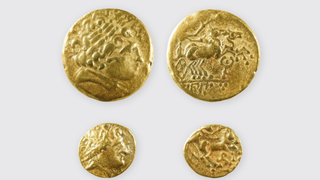
2,300-year-old Celtic gold coins found in Swiss bog
By Marjanko Pilekić published
Two rare Celtic gold coins were discovered in a Swiss bog, and they may have been left there as an offering to the gods.
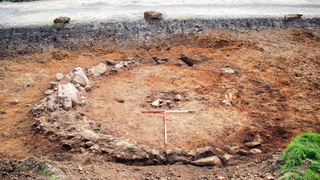
3,300-year-old cremations found in Scotland suggest the people died in a mysterious catastrophic event
By Owen Jarus published
Five urns holding cremated human remains from 3,300 years ago have been discovered in Scotland.
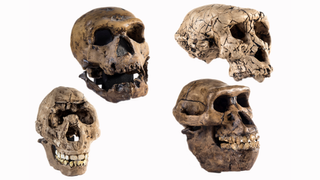
Scientists claim 'Lucy' may not be our direct ancestor after all, stoking fierce debate
By Sophie Berdugo published
Recent fossil finds could mean that "Lucy" wasn't our direct ancestor, some scientists say. Others strongly disagree.

New EV motor invention could cut 1,000 pounds from future vehicles, making them much lighter while boosting their range
By Alan Bradley published
A new in-wheel motor for electric vehicles can deliver a record-breaking 1,000 horsepower to each wheel.

Scientists build 'most accurate' quantum computing chip ever thanks to new silicon-based computing architecture
By Tristan Greene published
Researchers say they have created the world's first scalable atomic quantum processor that achieves record-breaking 99.99% fidelity.

Japan laser weapon trial, comet 3I/ATLAS bids farewell, and AI solves 'impossible' math problems
By Ben Turner published
Science news this week Dec. 20, 2025: Our weekly roundup of the latest science in the news, as well as a few fascinating articles to keep you entertained over the weekend.
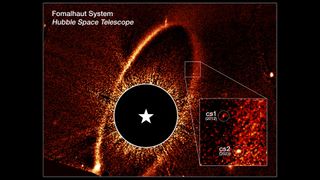
'Unprecedented' protoplanet collision spotted in 'Eye of Sauron' star system just 25 light-years from Earth
By Ivan Farkas published
Scientists watching the nearby Fomalhaut star system have directly seen two protoplanets smash together for the first time. Then, they saw it happen again.
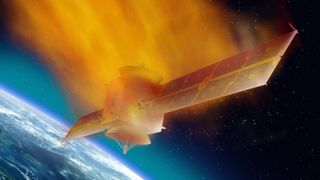
That was the week in science: Farewell comet 3I/ATLAS | Starlink tumbles from orbit | AI’s giant carbon footprint
By Patrick Pester, Ben Turner last updated
LIVE Friday, Dec. 19, 2025: Your daily feed of the biggest discoveries and breakthroughs making headlines.
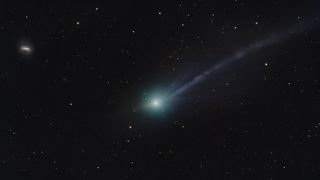
Interstellar comet 3I/ATLAS makes closest pass of Earth. Where's it heading next?
By Patrick Pester published
Everyone's favorite interstellar comet, 3I/ATLAS, flew past Earth overnight, coming within about 168 million miles (270 million kilometers) of our planet.

Comet 3I/ATLAS reaches its closest point to Earth tonight: How to see it
By Jamie Carter last updated
Comet 3I/ATLAS, the third interstellar object ever detected, reached its closest point to Earth overnight from Thursday to Friday (Dec. 18 to 19), and it remains in a good viewing position tonight. Here's how to see it.
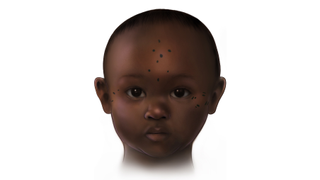
1,400 years ago, Nubians tattooed their toddlers. Archaeologists are trying to figure out why.
By Kristina Killgrove published
More than a dozen mummies of kids with facial tattoos were found at an archaeological site in Christian-era Nubia.
Get the world’s most fascinating discoveries delivered straight to your inbox.





